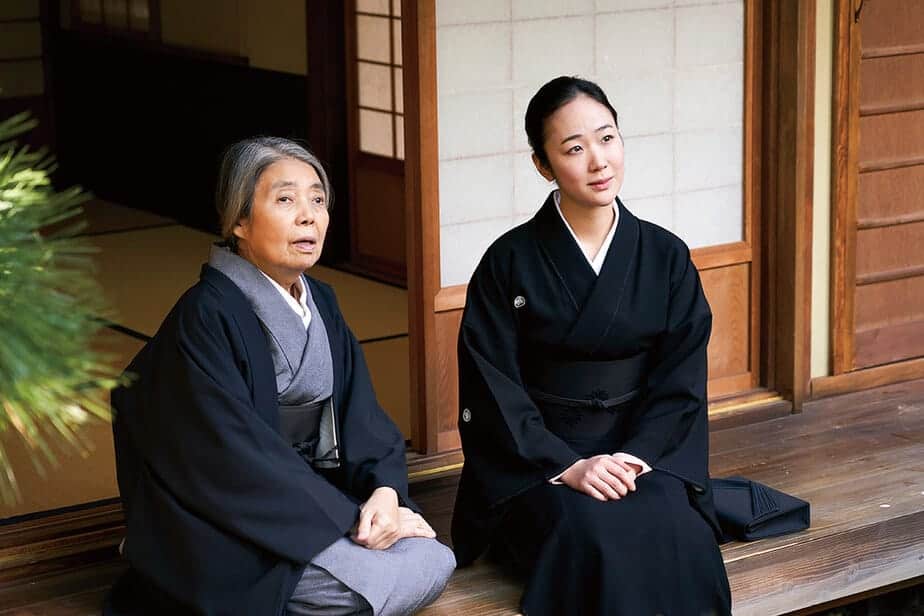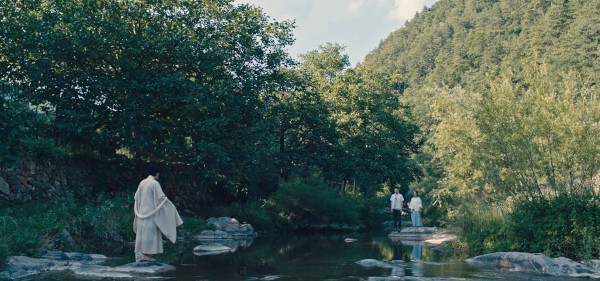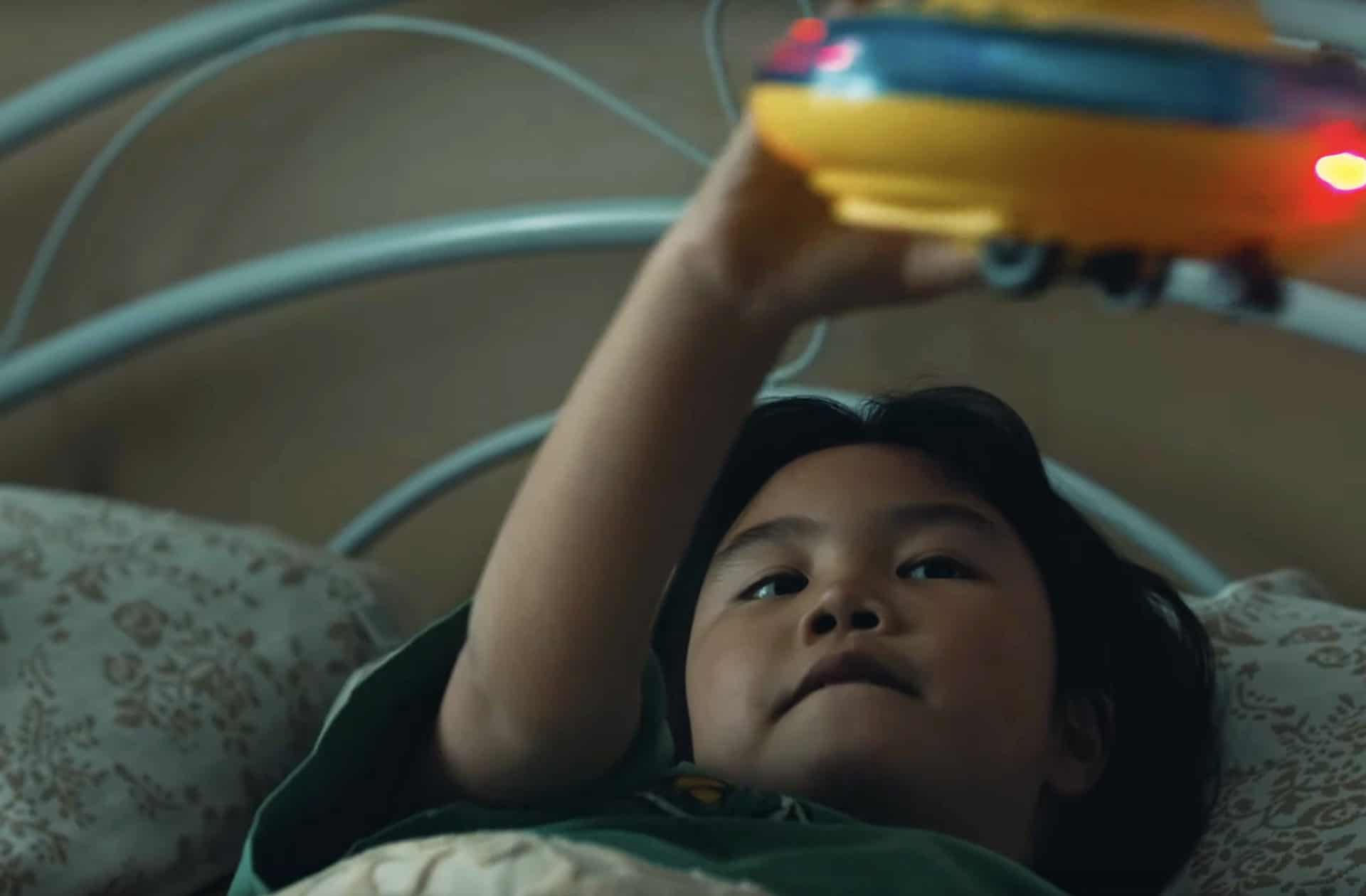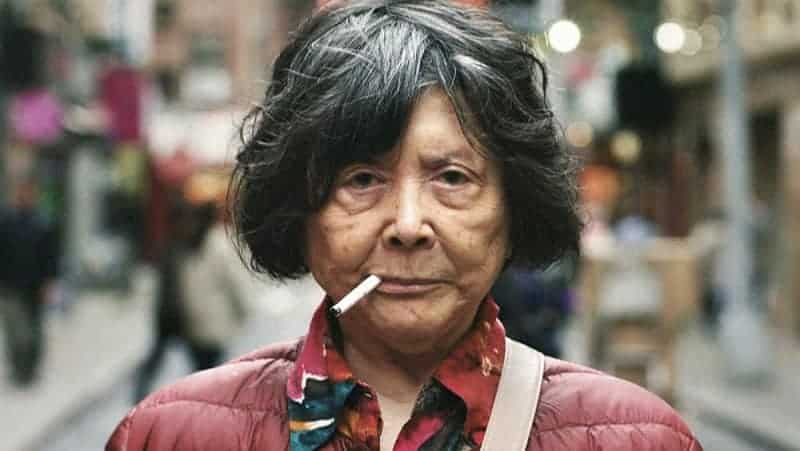A strangely addictive film where – apparently – nothing happens is the new work of director Tatsushi Ohmori, also sadly destined to be remembered as the last appearance of Japanese Cinema's beloved dame, Kirin Kiki. Based on the essay “Nichinichikorekojitsu: Ocha ga Oshietekureta 15 no Shiawase” by Noriko Morishita, “Every Day a Good Day” will surprise those of the public, accustomed to Omori's previous, more unconventional plots.
“Every Day a Good Day” is screening at the Toronto Japanese Film Festival

The film quietly follows 20 years of the life of Noriko (Haru Kuroki). Starting in 1985, we are introduced to Noriko as a 12-year-old girl returning home after attending a screening of “La Strada” with her family. Noriko is bored, predictably she didn't enjoy the film and Omori will use Fellini's film again, to highlight her development during the following years. Jump to 1993, she is a 20-year-old college student, still bored and indecisive about her future. A hobby could help shaking her a bit in this stagnant moment, and the mum suggests taking up the Tea Ceremony classes at the nearby Takeda-sensei (Kirin Kiki) house. Reluctantly Noriko – who would rather attend Flamenco or Italian classes – decides to give it a go and together with her lively cousin Michiko (Mikako Tabe) sign up for the course.
The girls carry on with their lessons for many years, Michiko will drop out eventually, but it's Noriko that develops a real fondness for both the practice and the sensei, and slowly Sadō, or “the way of tea”, becomes an integral part of her life, allowing her to engage with the changing seasons, year after year and giving her a gentle retreat from the adversities that life throws at her and a help in centring herself.

This film has been an eye-opening experience for me, as I had never attempted to scratch the surface of the tea ceremony, regarding it as one of those ancient rituals that Japanese people are always (and rightly so) proud to preserve. Moreover, I had the uncomfortable idea that the role of a woman in the ceremony was the one of a mere waitress. Little I knew that behind the façade of a dusty old performance, is pulsing the century-old and yet so actual concept of mindfulness and – more than a burden – tea ceremony is actually a woman privilege.
The first lesson with the elderly sensei is a delightful introduction to the complexity of this ritual and not without a subtle sense of humour. She starts demonstrating the way of folding a small cloth (fukusa), the first few moves so easy that make you think “anybody can do that!” and slowly and inexorably she carries on with the following 20 steps, leaving us head spinning and intrigued. Noriko asks the sensei the point of all that precision in the ritual, only to be laughed at. There is no answer, no reason she needs to know, just learn with her body and eventually her heart will be there.
Sadō is founded on four key principles: Wa (Harmony), Kei (Respect), Sei (Purity), Jaku (Tranquillity) and by performing the ceremony for others, Noriko provides both them and herself with a physical manifestation or expression of the desire to live under these principles. Noriko's arc shows her inner journey, a journey of synchronicity of body and mind. She will appreciate Fellini's “La Strada” only when ready for it and she will understand the meaning of the scroll “Every day a good day” – that she saw on her first class hanging on the wall of Takeda-sensei's house – in her own time.

The 20 years are narrated in episodic fashion, season after season, year after year and the method perfectly conveys the periodicity of nature and the importance of connecting with it while reconnecting with Japanese spiritual culture. The elegant cinematography makes every shot an exquisitely framed photograph.
“Everyday a Good Day” is a character-centred film and the all-female cast is delightful. Kirin Kiki is the centre of this microcosm and her presence is strong and serene; a touching farewell to this world. Haru Kuroki (“The Little House”) was able to allow lots of human imperfections coming through her composure, creating a very accessible character. Sole male character is Noriko's sweet father played charmingly by Shingo Tsurumi.
“Everyday a Good Day” with its measured pace and meditative mood can trigger a strong physical response; beware, you could seriously relax and feel happier at the end.















